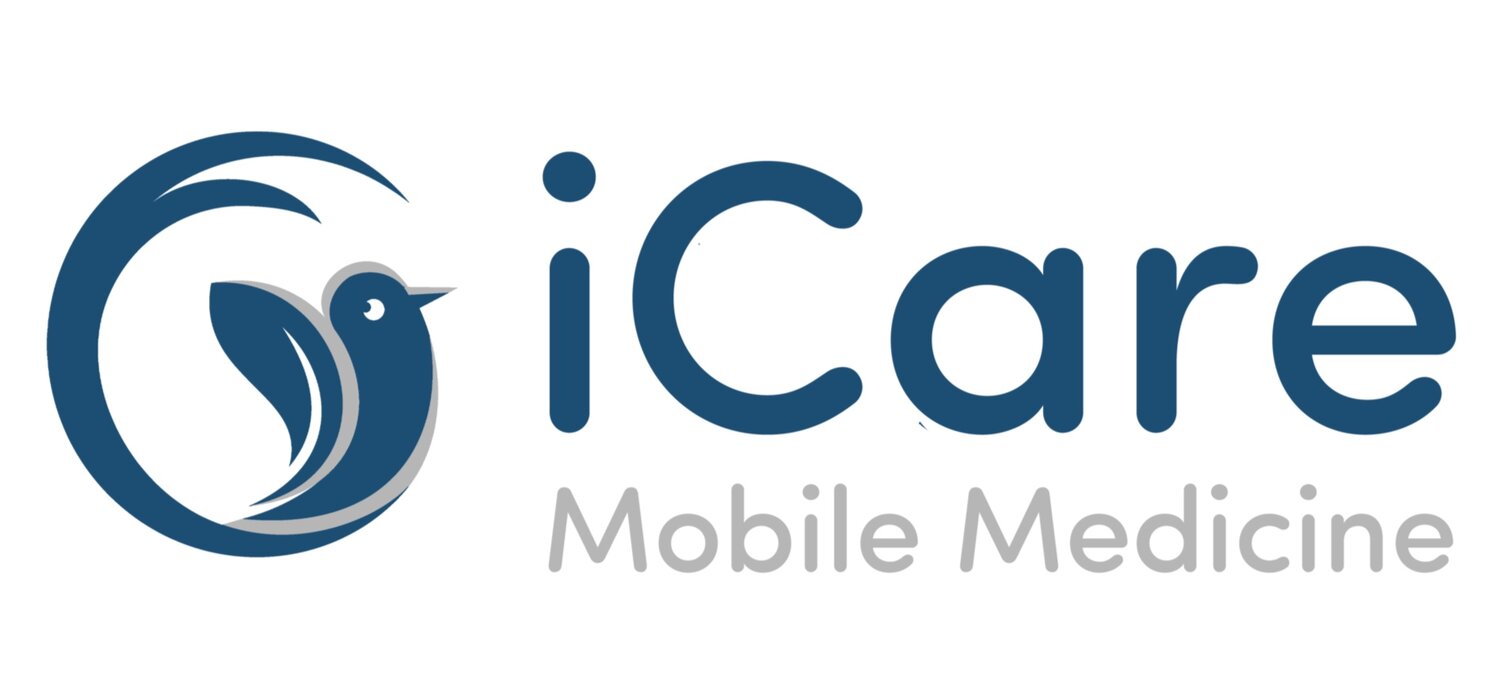Sexually transmitted disease (STD)
An STD or STI is a serious condition that can develop after you have unprotected sex. Common STD symptoms include itching and burning around the genital area. The good news is STD treatment (usually antibiotics) can cure the STD. You can get an STI/STD again. Make sure to use a condom or dental dam whenever you have any kind of sex.
What are sexually transmitted diseases (STDs)?
Sexually transmitted diseases, commonly called STDs, are also known as sexually transmitted infections (STIs). You can get an STD from any kind of sexual activity that involves the mouth, anus, vagina or penis.
STDs are serious illnesses that need treatment. Some, like the human immunodeficiency virus (HIV), cannot be cured and can be life-threatening without treatment.
What are the types of STDs?
Some sexually transmitted infections include:
STD symptoms
You might not have any symptoms with an STD. Get tested regularly if you are sexually active. You can have (and pass on) an STD without even knowing it. The CDC recommends a gonorrhea and chlamydia screen for people younger than 25.
If you do have symptoms, they may include:
Genital symptoms: (Some patients may be asymptomatic.)
Bumps, sores or warts on or near the penis, vagina, mouth or anus.
Swelling, redness or severe itching near the penis or vagina.
Discharge from the penis.
Vaginal discharge that has a bad odor, causes irritation or is a different color or amount than usual.
Vaginal bleeding that’s not your period.
Painful sex.
Other symptoms:
Skin rash.
Weight loss, diarrhea, night sweats.
Aches, pains, fever and chills.
Jaundice (yellowing of the skin and whites of the eyes).
Painful urination or frequent urination.
When to seek care
If you suspect that you have these or other STIs or that you may have been exposed to one, see your doctor for testing. Timely diagnosis and treatment is important to avoid or delay more-severe, potentially life-threatening health problems and to avoid infecting others.
Resources:
